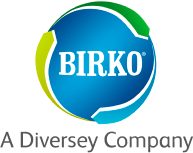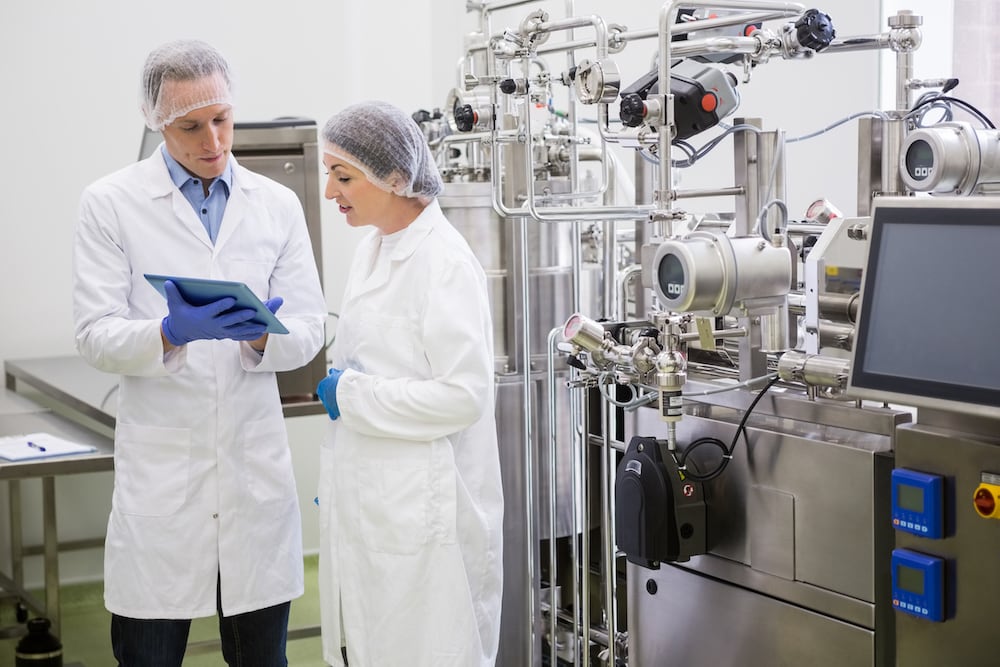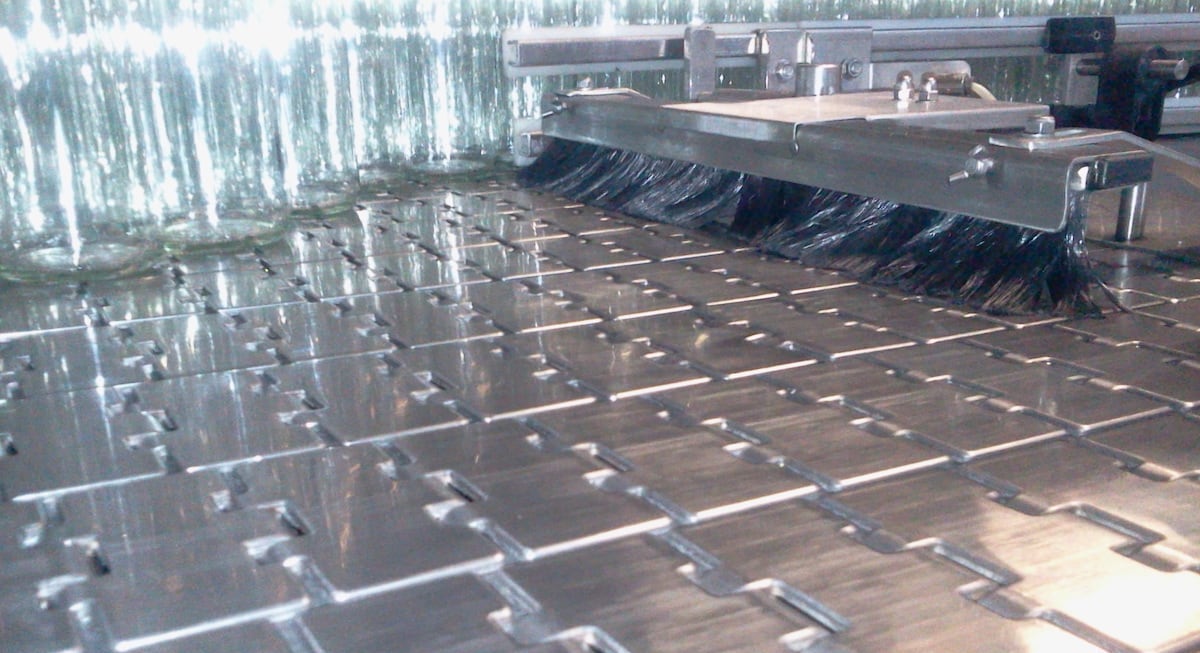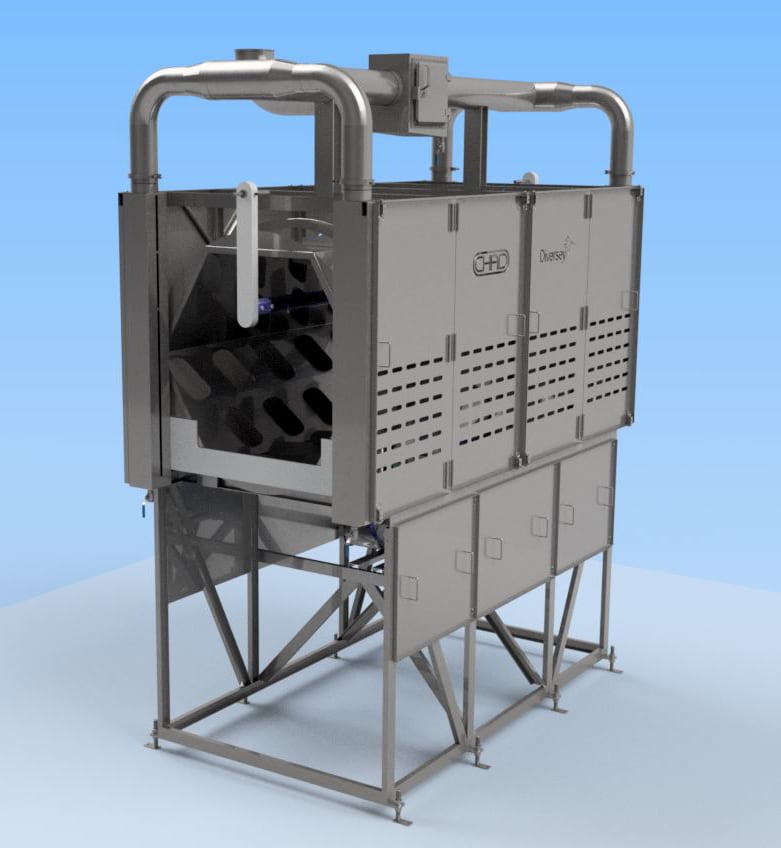Q. My hot water is higher in copper than my wastewater district allows for effluent. What’s up with that?
A. Copper is soluble in any water with a pH less than seven. That means it dissolves in almost any kind of acid, and in fact, is soluble in deionized water. Hold on there, doesn’t that mean that you couldn’t use copper pipe to transport water? If it weren’t for the hardness ions in your water supply, the answer would be yes. Silicate and carbonate react with the copper to form a water insoluble layer.
When the water in your boiler or copper plumbing does not have enough hardness, the copper readily leaches into the water. The fix is to provide just the right amount of hardness, as silicate, dispensed according to water flow. Too much hardness is a problem in a boiler, as excessive scaling can result. So, proper control and monitoring of this application is needed to avoid any headaches.
Here’s a partial list of things that can dissolve copper: nitrates, chlorides, sulfates, and their associated acids; organic acids, such as acetic, citric, lactic, tartaric, or oxalic; phosphoric acid, amines and ammonia. There are even some organic solvents that can dissolve copper.
Q. Will my laundry cleaning and bleaching go better and cheaper with softened water?
A. Yes and no. Less detergency is required to effectively clean in soft water. But bleaching is usually more rapid and efficient in a hard water environment. Overall, using softened water in a laundry with challenging soil loads saves money, overall.








